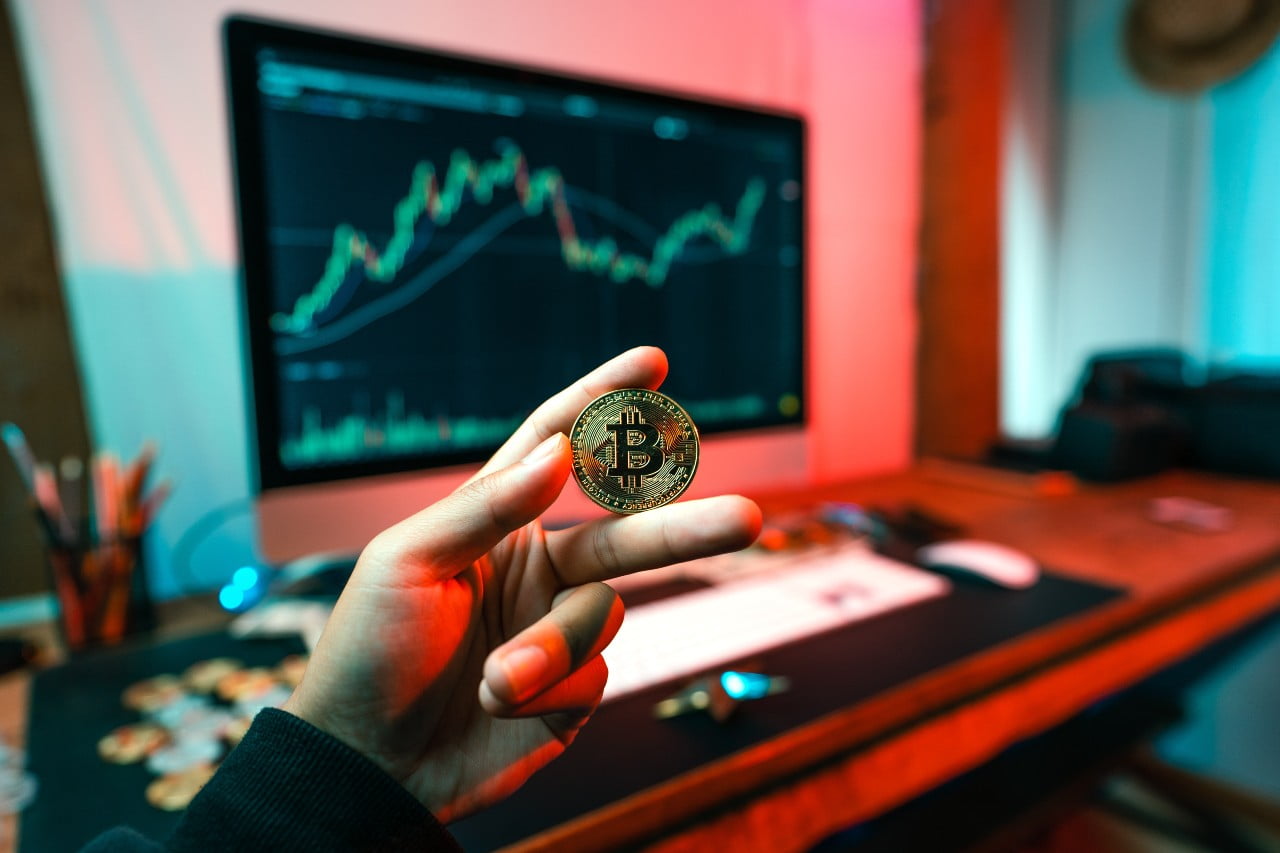Cryptocurrency, a digital or virtual currency utilizing cryptography for security, has grown exponentially since its introduction, disrupting multiple industries, including gaming. The gaming industry, a dynamic and rapidly developing digital ecosystem, is known to embrace innovation and has increasingly interacted with blockchain technology and cryptocurrency regarding game design, player engagement, and economic sustainability. This relationship significantly impacts game production as a whole and the overall gaming economy.
History of the gaming industry and its economic model
Since its start in the 1970s, gaming has experienced many technological and economic shifts, from arcade machines to home consoles and online multiplayer platforms; its economic model has also evolved significantly – from one-time purchases to subscription services and then gradually microtransactions within games.
Concurrently, the 21st century saw the advent of cryptocurrency with Bitcoin’s invention in 2009. Cryptocurrencies use decentralized networks based on blockchain technology and represent a novel form of digital asset. Since their creation, cryptocurrencies have evolved from niche speculative assets into innovative financial instruments transforming various sectors, including gaming.
The Intersection of Cryptocurrency and Gaming
At the intersection of cryptocurrency and gaming lies a new genre known as cryptogames. These games incorporate blockchain technology and cryptocurrency into gameplay and economy, serving both as a medium of exchange and representing in-game assets that players own and can trade or sell independently across platforms, unlike traditional models where all assets remain under the game developer’s control. While these games hold promise, their potential risks must be carefully considered before embarking on this exciting venture.
Here are a few examples of games that have successfully integrated cryptocurrency and blockchain technology into their gameplay and economy:
- CryptoKitties: CryptoKitties is one of the earliest and most well-known examples of blockchain-based gaming. It is a game built on the Ethereum blockchain that allows players to buy, breed, and trade unique digital cats. Each CryptoKitty is represented by a non-fungible token (NFT), and players can use the game’s native cryptocurrency, Ether (ETH), to purchase, sell, and breed their digital feline companions.
- Gods Unchained: Gods Unchained is a digital trading card game that utilizes blockchain technology to provide players with true ownership of their in-game assets. The game is built on the Ethereum blockchain, and players can buy, sell, and trade their cards as NFTs. This enables players to retain full control over their virtual card collection and even sell their cards for real-world value.
- Axie Infinity: Axie Infinity is a blockchain-based game that combines elements of Pokémon and Tamagotchi. Players can collect, breed, and battle digital creatures called Axies, which are represented as NFTs on the Ethereum blockchain. The game’s economy relies on its native cryptocurrency, called Axie Infinity Shards (AXS) and a separate in-game currency called Smooth Love Potion (SLP). Players can earn SLP by winning battles, which can be exchanged for real-world value.
- Decentraland: Decentraland is a virtual reality platform built on the Ethereum blockchain. It allows users to buy, sell, and trade virtual land and other in-game assets using the game’s native cryptocurrency, called MANA. Players can create and monetize their virtual experiences within the platform, fostering a decentralized economy where users have control over their digital assets.
- The Sandbox: The Sandbox is a blockchain-based virtual world where players can create, own, and monetize their own gaming experiences. It uses the Ethereum blockchain to ensure true ownership of in-game assets, such as virtual land, avatars, and items. The game’s native cryptocurrency, called SAND, serves as both a utility and governance token within the platform’s economy.
These examples showcase how blockchain and cryptocurrency can enhance gameplay experiences, provide players with true ownership and value, and create decentralized economies within gaming ecosystems. It’s worth noting that the gaming industry is rapidly evolving, and new games and innovations in this space continue to emerge.
Impact on the Gaming Industry
Cryptocurrency has created significant ripples in the gaming industry. Economic models have shifted towards microtransactions and in-game purchases using digital currencies, creating a player-driven economy. This has increased player engagement; some even earn real-world money through gaming activities.
But this combination also presents obstacles. Security concerns stemming from digital assets’ digital nature raise safety questions while lacking regulation leaves room for possible exploitation. Furthermore, cryptocurrency volatility adds an unpredictable element to the game. Therefore, when navigating this evolving terrain, we must balance potential benefits against an understanding of and mitigate associated risks.
Future Implications
Looking forward, cryptocurrency’s use in gaming could evolve to create more sophisticated in-game economies and innovative compensation models for player participation. We could see more games treat their players like shareholders by giving them an ownership stake in their success.
However, these changes could also have drastic ramifications for developers, necessitating new skill sets in blockchain technology and economic design. Furthermore, as trends develop, it will become essential for all parties to navigate this terrain with an understanding of both opportunities and challenges to ensure an equitable approach at this promising yet complex intersection of technology.
Conclusion
Cryptocurrency’s impact on the gaming industry has been profound, heralding a new genre of cryptogames and altering economic models through in-game cryptocurrencies. This change has fostered greater player engagement, with players becoming stakeholders and making real-world profits through crypto asset ownership.
As we look ahead, the intersection between cryptocurrency and gaming looks to expand further, potentially revolutionizing the gaming industry landscape. But this development must be approached in an informed, balanced manner by acknowledging its complexity and uncertainty to maximize opportunities while mitigating risks associated with such innovation.








